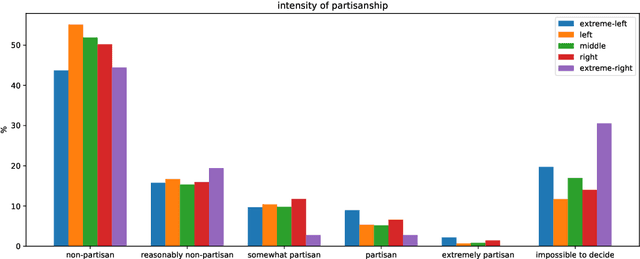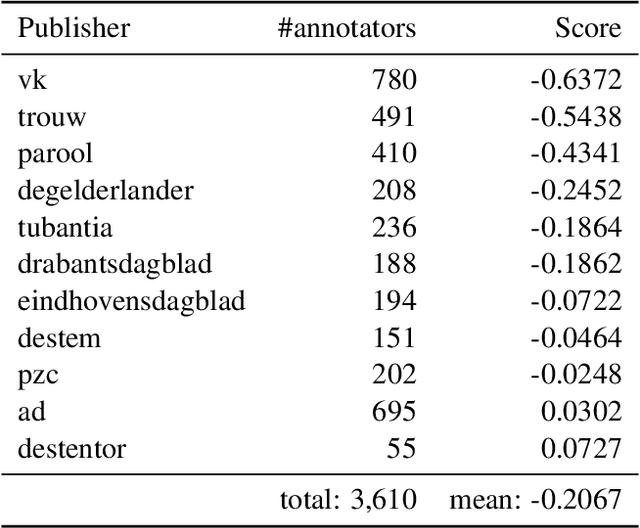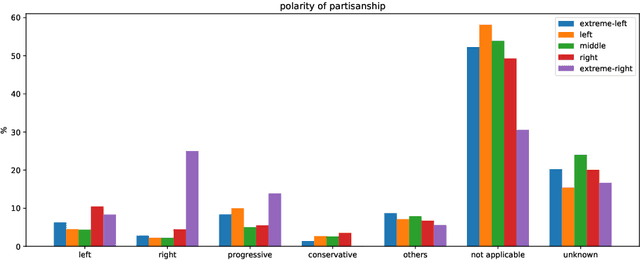Babak Loni
"Project smells" -- Experiences in Analysing the Software Quality of ML Projects with mllint
Jan 20, 2022


Abstract:Machine Learning (ML) projects incur novel challenges in their development and productionisation over traditional software applications, though established principles and best practices in ensuring the project's software quality still apply. While using static analysis to catch code smells has been shown to improve software quality attributes, it is only a small piece of the software quality puzzle, especially in the case of ML projects given their additional challenges and lower degree of Software Engineering (SE) experience in the data scientists that develop them. We introduce the novel concept of project smells which consider deficits in project management as a more holistic perspective on software quality in ML projects. An open-source static analysis tool mllint was also implemented to help detect and mitigate these. Our research evaluates this novel concept of project smells in the industrial context of ING, a global bank and large software- and data-intensive organisation. We also investigate the perceived importance of these project smells for proof-of-concept versus production-ready ML projects, as well as the perceived obstructions and benefits to using static analysis tools such as mllint. Our findings indicate a need for context-aware static analysis tools, that fit the needs of the project at its current stage of development, while requiring minimal configuration effort from the user.
DpgMedia2019: A Dutch News Dataset for Partisanship Detection
Aug 06, 2019



Abstract:We present a new Dutch news dataset with labeled partisanship. The dataset contains more than 100K articles that are labeled on the publisher level and 776 articles that were crowdsourced using an internal survey platform and labeled on the article level. In this paper, we document our original motivation, the collection and annotation process, limitations, and applications.
 Add to Chrome
Add to Chrome Add to Firefox
Add to Firefox Add to Edge
Add to Edge